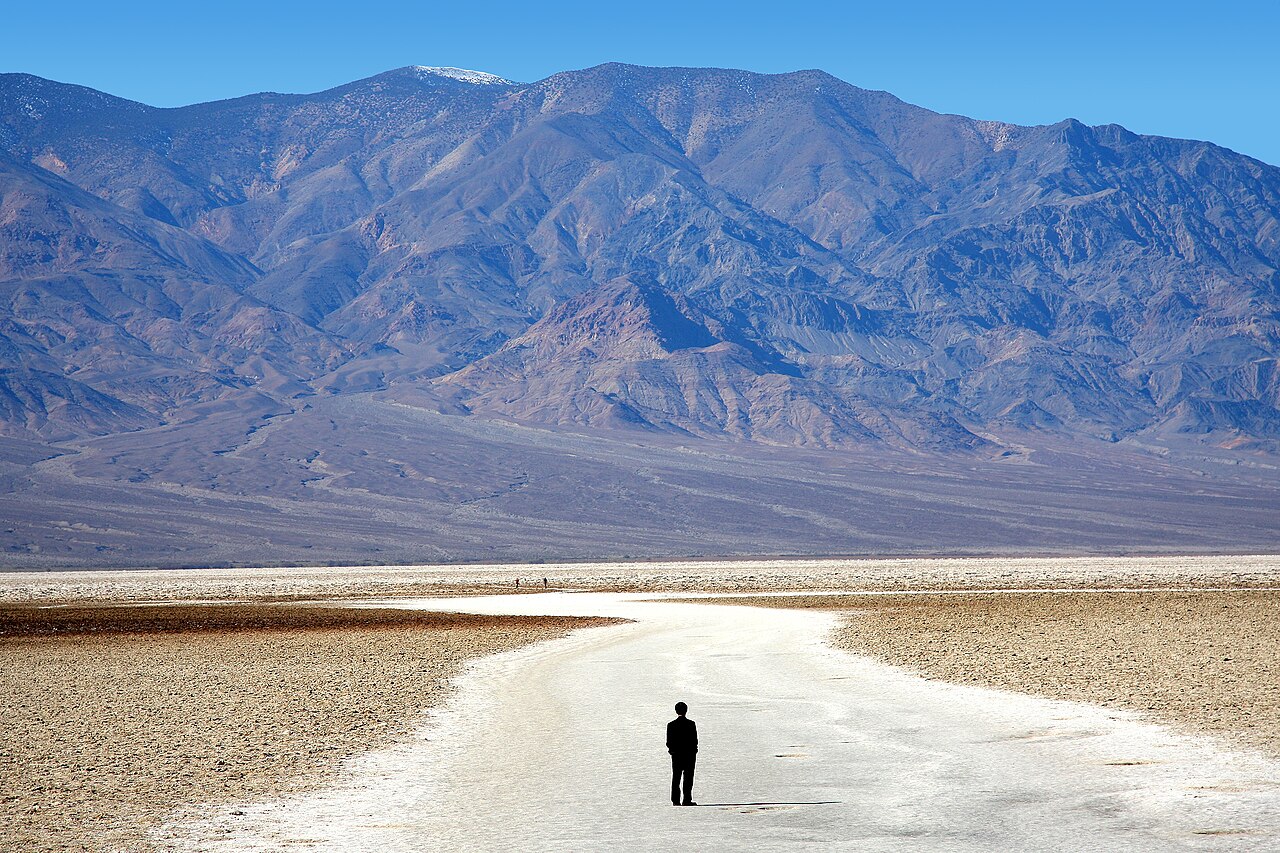Listen to Sermon
Pastor Tom Johnson, February 25, 2018
More than half the world looks to Abraham as the father of their faith. In our reading from his letter to the Christians in Rome, Paul says that Abraham is the father of all of us who believe in Jesus. And so he takes us back to the very foundation of faith itself by Abraham’s example. Abraham was promised to be the biological father of a great nation—which is later called Israel or the Jewish people. But he was also promised to be the spiritual father of all nations. “In you all the families of the earth will be blessed,” God tells him when he first reaches out to Abraham and draws him into a relationship with him.
Paul wants us to see our story in Abraham’s story. He does not want us to distort Abraham’s experience or make him some unattainable hero of the faith. Instead, he wants us to see him as an example of someone who has a relationship with God. He wants us to see how God worked in Abraham’s life so that we would be encouraged in our own lives. Against all odds—“hoping against all hope” Abraham grew in faith in God and his promise that he and Sarah would have a son even though he was 99 years old and Sarah 89 years old. Paul calls it as he sees it when he says, “his body was already as good as dead” at that age. Maybe a kinder way of saying it was that he and Sarah were past their child-bearing years. Abraham would have been sensible to think that what God promised was highly unlikely. God waits until Abraham is up in years so that he must rely more on God than supposing Abraham could do it himself. Abraham does not grow weak in faith when he considers his own body but believes God can do what is nearly impossible—to give him and Sarah a son.
Faith is like a muscle. It can grow weak without use. It can strengthen and grow stronger when we exercise it. Even if our muscles are healthy and strong, there will be days that they feel strained or pushed to the point of exhaustion. So our faith. So if you know the story of Abraham, his faith had its good and bad days. He tried to force God’s promise at times. He doubted God’s power. But his faith never died. Faith is not certainty. It is not our work. It is not our mustering up strength to believe. It is not pulling ourselves up by our own bootstraps. Faith is a range of trust in God. Jesus tells us that faith can be as small as that of a mustard seed. Faith is a gift from God. It is something that God gives with his promise. His promise to give Abraham a son. Abraham grew in his confidence in God—not himself—that God is able to do far more than what we could ask or imagine.
We should think of faith not only as a muscle that can grow strong but as any living thing that must grow to survive. It’s a truth of any living thing. If it is not growing, it is dying. Look at all the trees around us. Most look as good as dead in winter. There are no leaves. No green growth. Just a skeleton of branches. But the roots are still growing. The tree is building up energy for spring. Just like the human body grows and cells in our body are reborn all the time even when we sleep, so a dormant tree is ready to explode in growth as soon as the sun begins to bathe it with its warmth and light.
 |
| Indiana Dunes National Park in winter |
The Gospel is the person and work of Jesus Christ—the eternal Son of God who is born into the world to live, teach, heal, die, and rise again for our salvation. It should not surprise us that when Jesus first shares this with Peter and the disciples that it blows their minds. It is not something we understand by human reason. Peter has just begun to grow in his faith. It can be unsettling to realize how wrong we can be and how limited our understanding can be. But that is the beautiful thing about the Christian faith—there is always room for growth.
One of the things I love to say about my own journey is that going to seminary once was not enough for me. After my second seminary degree, I felt like I was still just getting started. The third time I went to seminary, I finally started to realize how much I did not know—what we do not know. We do not need to go to seminary to be on the exciting journey of faith. The Bible should never grow dull or boring for any child of God. A disciple, you’ll remember, means learner. There is always so much to discover. Abraham had so much in front in front of to experience ahead of him…so much growth and maturity to experience even at age 99! There is always room to grow.
We grow in our trust in the God who can do the impossible. The truth is that we are all like Abraham—our bodies, minds, and spirits were as good as dead in our trespasses and sins. But in Christ we are made alive, grow, and live eternally.


